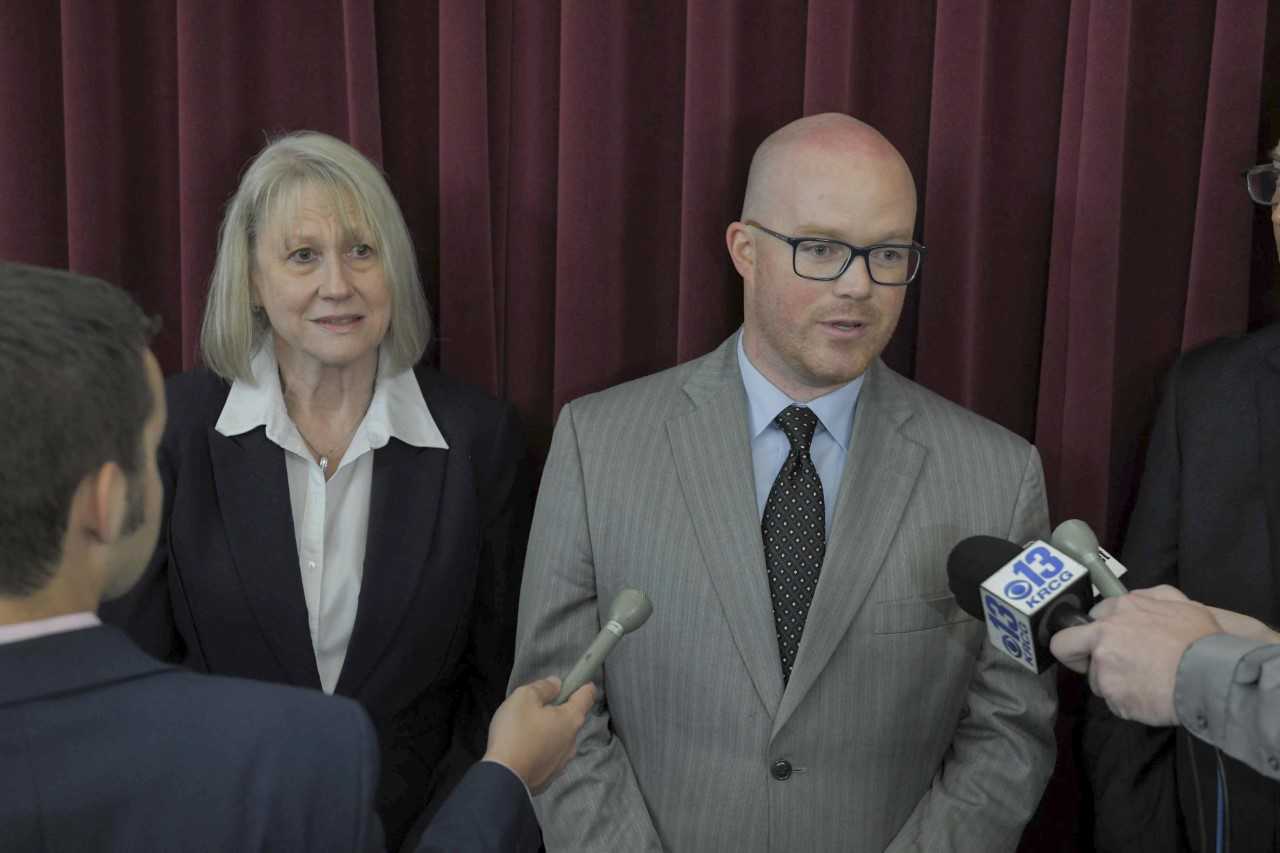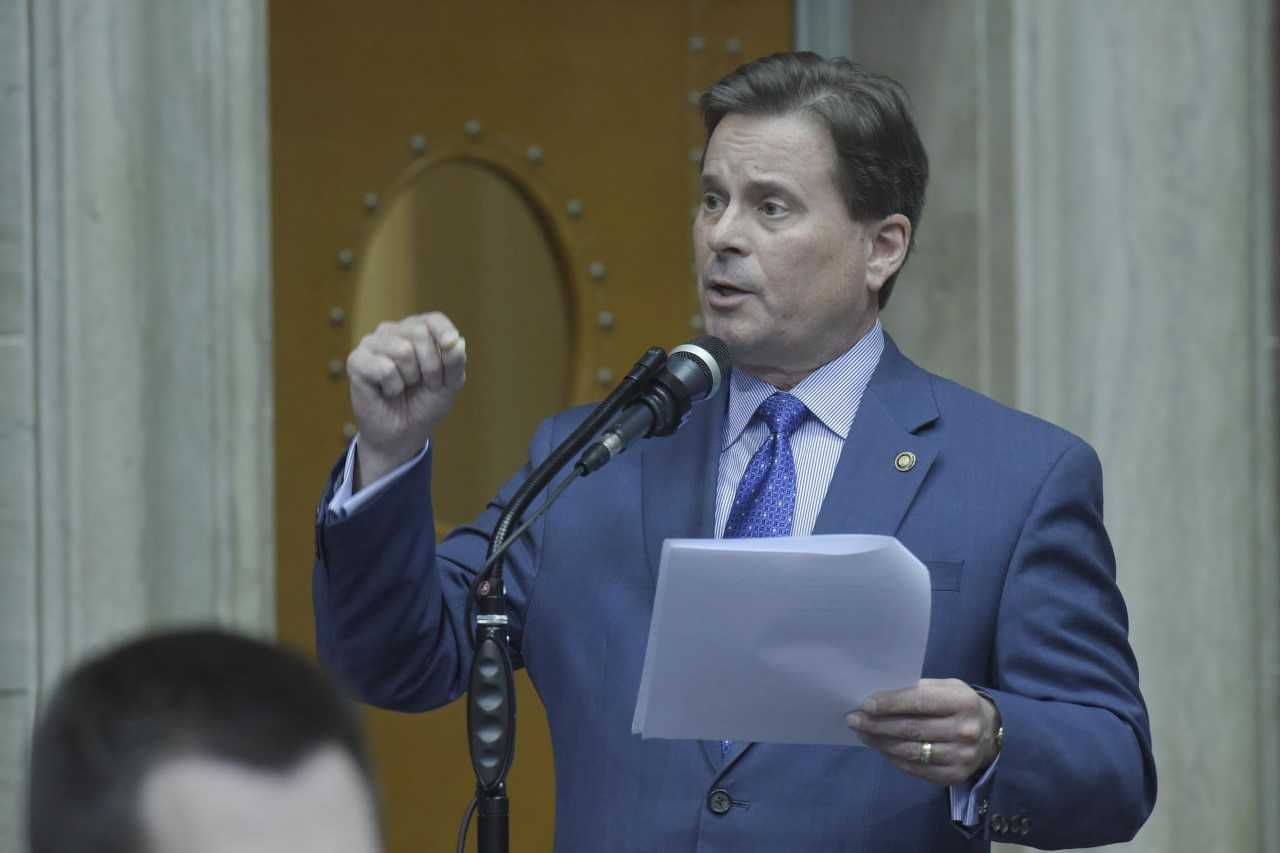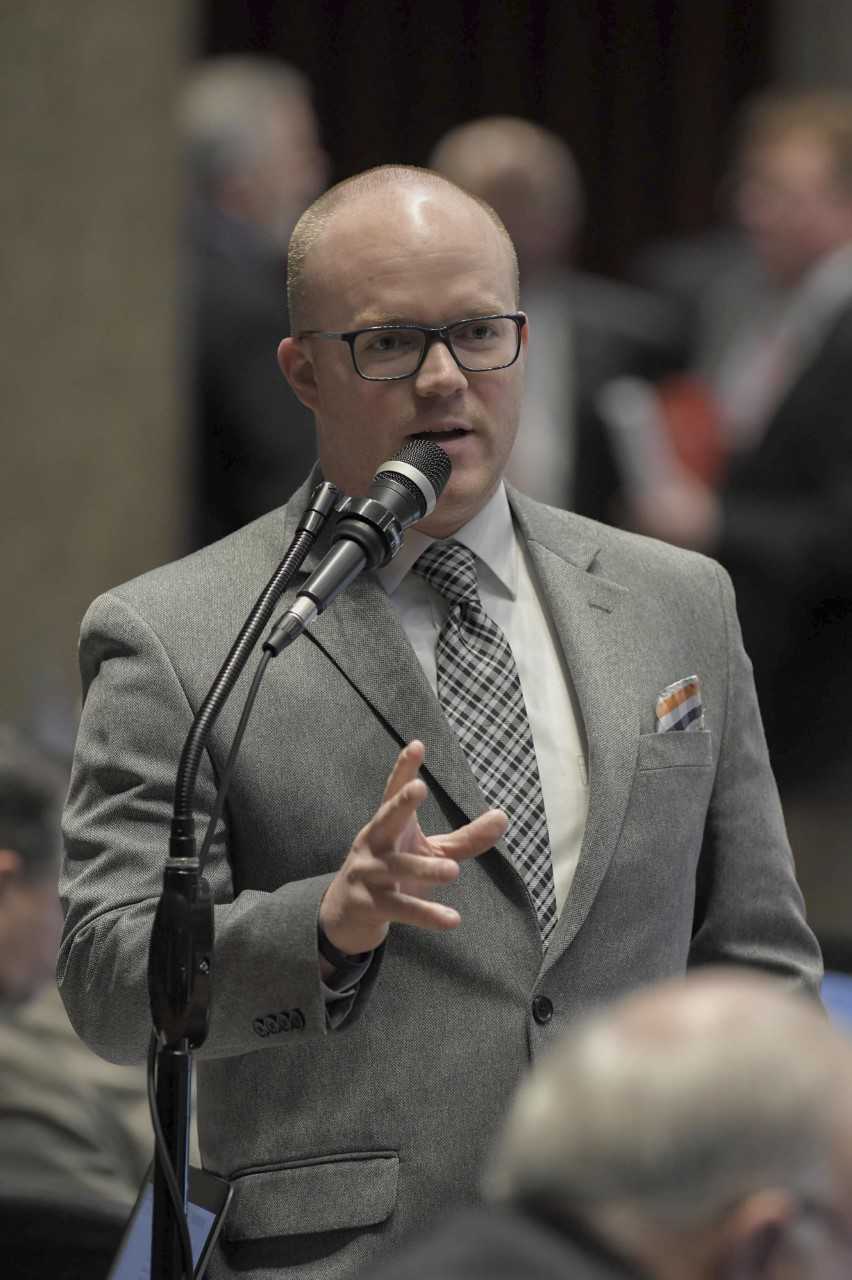Every circuit court in the State of Missouri would have to have at least one veterans treatment court in its jurisdiction under a bill approved by the Missouri House.

Treatment courts utilize an intensive program of court supervision, drug or alcohol testing, and rehabilitation to help defendants overcome substance abuse, mental, emotional, or behavioral issues and keep them from re-offending.
Veterans treatment courts specifically focus on those who have served or currently serve in the military. Many of their needs, including drug testing, utilize the Veterans Administration’s services.
Lawmakers said there is one circuit in the state that does not have a treatment court program.
House Bill 547 would require every circuit court in the state to establish a treatment court division. For courts in which resources are not available for a veterans court, it would allow defendants who are veterans to have their cases transferred to any court in the circuit.
The bill is sponsored by Jefferson City representative Dave Griffith (R), who served in the Army as a Green Beret.
“When a soldier, a sailor, a marine, or an airman goes into battle, that experience changes who they are, and many of them come out of that experience and that situation different people. They make decisions they very well would not have made prior to going on the battlefield. Many turn to alcohol or drugs and because of those choices they can find themselves on the wrong side of the law,” said Griffith. “The veterans treatment courts throughout the state will give these men and women an opportunity to clear their names, to get a clean record, and give them a second chance at life, but more importantly it will show them that we have not given up on them.”
Griffith said passing HB 547 would help mitigate the number of suicides among veterans in Missouri.
The bill would specify that veterans who had been in combat would be given preference by courts in determining whether to have their cases handled by a veterans court. That provision was offered by Pleasant Hill Republican Mike Haffner, a retired Naval Officer and decorated combat veteran.

“Let’s face it. Men were never meant to kill men,” said Haffner. “Every individual that goes into combat is changed psychologically. They are never the same again, and the part that’s hard about this is the assimilation when we come back home. For those that haven’t been in combat they don’t understand, coming into a room like this is not the same. We’re forever changed … some can cope and some cannot.”
Some lawmakers expressed concerns about having courts prioritize combat veterans ahead of non-combat veterans, but Haffner maintains that no one who could benefit from veterans courts will be turned away.
Griffith thanked his colleagues for supporting the bill and said it is a further effort to honor veterans.
“When I was separated from the service my first sergeant told me not to wear my uniform home, but to wear civilian clothes. As many of us walked through airports either returning home from deployment or separating from the service, we were cursed at, we were spit on, we were called ‘baby killers,’ and the list goes on and on. Today when I look on Facebook and I see posts of soldiers receiving standing ovations in airports when they are making their way to their planes it brings a tear to my eye.” said Griffith. “This bill will further support our veterans and military by giving them another resource to help them get the support they need so very badly.”
HB 547 would give courts until August 28, 2021 to establish a treatment court division. The House voted 149-3 to send the bill to the Senate.



